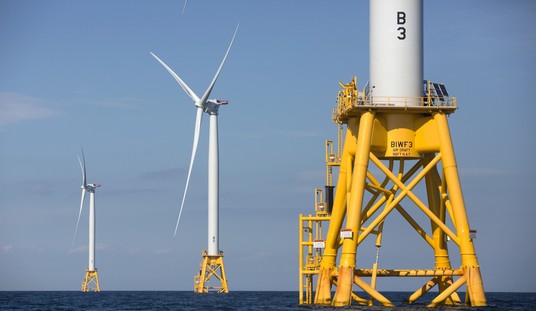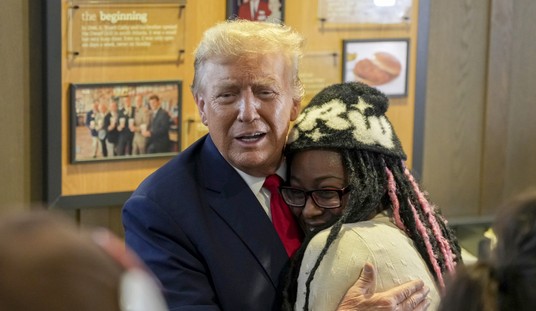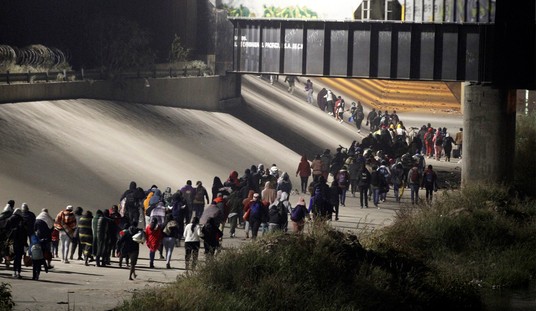We know that our side is doing poorly. What about the bad guys? Before we inscribe the likes of Khamenei, Putin, and Maduro in the lists of world-historical figures, and throw up our (outstretched) hands in despair, let’s look at them with the jaundiced sneer they deserve.
Venezuela’s the easiest: sustained anti-regime demonstrations have been running for more than three months, and seem unlikely to stop soon. Staples are in short supply, rationing cards are in the mail, inflation is at 40% and surging, gas stations are closed because there’s no gas, and despite the usual brutality of state repression (widely blamed on Cuban “advisers” which recalls the role played by Russian and Iranian “advisers” in Syria), the demonstrators keep showing up. Few analysts think Maduro is likely to fall soon, but then again few expected the fall of the Ukrainian regime when challenged by the Maidan protesters.
Whatever your own crystal ball foretells, the regime is wobbly, the society is deeply riven, the opposition seems well organized and well led, and Maduro is certainly not in a position to play an effective role in the global anti-American alliance that stretches from Pyongyang to Managua and Havana by way of Moscow and Tehran. Venezuela’s crisis significantly weakens our enemies.
Iran is at once the most difficult to see plain, and the clearest case of regime failure. Ben Weinthal recently asked rhetorically whether there is a rising wave of political protest in Iran. He pointed out that a considerable number of Iranians were cutting their hair–even shaving their heads–to protest the savaging of political prisoners in Evin Prison’s infamous horror chambers. Ben’s story struck a harshly dissonant international chord in the face of the extended chorus of praise that has serenaded Rouhani ever since his election last June.
Rouhani is a replay of the last Iranian “reformist” president, Mohammad Khatami, who failed miserably to reform anything, and whose only popular success was with Western dreamers in the political and academic clouds. Having lived through that phony reform, the Iranian people have little inclination to be gulled by the latest version, especially as they see the emptiness of Rouhani’s promises every day. Nothing good is happening for them. You may have heard that the Iranian economy is “improving,” but you’d have a hard time convincing the Iranian equivalent of Joe Sixpack of that. Things are getting tougher for them–as in Venezuela, gas stations are closed because there is no gas–and the regime isn’t helping. The government–that’s Rouhani et. al.–is eliminating the energy subsidies that keep millions of the poor afloat.
This is only one of many signs of the political and economic ruin of the regime. Most of the major banks are broke, as is–officially–the National Iranian Oil Company, and most all of any increase in income resulting from the collapse of the sanctions policy goes not to social needs or even to productive enterprise, but to the corrupt ruling class. And the mullahs are destroying the country itself, from the smog that chokes Tehran (Iran has four of the ten most pulluted cities in the world) to the destruction of Lake Urmia (in a replay of what the Soviets did to Lake Baikal). Listen to the assessment of a reformist a few months back:
As a governing system, the government and executive branch of the Islamic republic, has lost its ability to carry out the normal duties of a government….The signs of dysfunction in the administrative, financial and economic organizations are evident despite all the imposed regime filters and in the absence of honest independent news agencies not only in the contradictory and confrontational policies and decisions of officials and senior administrators but also in the smallest administrative units of the country.
The wreckage of the Iranian state is not just the result of corruption and incompetence; it also derives from the intense infighting within the elite. Unconfirmed stories have appeared in the Iranian press reporting phone taps organized by the Revolutionary Guards Corps against members of Supreme Leader Ali Khamenei’s inner circle, as well as against one another within the Guards. There are documented fractures within the ranks of Hezbollah. Assassinations continue apace, as in the case of Mojtaba Ahmadi, the head of the Cyber Army, in October. The Iranian Embassy in Beirut was bombed in November by a terrorist group the Iranians had actually created. And, in a telling blow to the regime’s ideology, Christianity is booming, and the regime is resorting to public meetings to warn the people about its dangers.
The regime does not seem to know how to cope with this crisis. On the one hand, it increases repression. The tempo of executions has famously increased since Rouhani’s election, and the recent brutality in Evin Prison–discussed by Ben Weinthal–shows that regime leaders are even afraid of prisoners. For good reason: last year many leading political prisoners refused to join the regime’s call for easing sanctions, despite torture and isolation.
It’s a hollow regime. Its internal opponents hold it in contempt and do not fear it, and it is palpably failing. Yet, as its unpopularity mounts, it calls for a doubling of the population. Khamenei wants 150 million Iranians, and the state is working to get the numbers up: free birth control assistance is being terminated (except for HIV-positives), and artificial insemination has been declared Islamically correct.
Does the supreme leader want more and more opponents of the regime? Who knows? Maybe it’s a desire for cannon fodder…
Which leaves us with Putin and his Russia. We’ve all seen the polls that show he’s greatly popular, and the cynical remarks alleging that the Russians just adore a czar with good pecs. But if, as you should, you pay attention to serious analysts like Paul Goble, you’ll find a horse of a different manure. He recently quoted extensively from a Russian economist who smartly observed that, if you want to be a great power, you’d better have a highly developed state. Which Putin doesn’t. Here’s the picture:
…the budget calls for increasing defense spending by 61 percent over the 2014-2016 period. That money has to come from somewhere, either other programs or higher taxes which affect growth.
The Russian Federation is already spending far less on public health and education than most countries, and spending more on defense will further depress those rates. On the one hand, it will worsen life expectancy – Russia now ranks 134th out of 207 countries on that measure. And on the other, it will lack the educated population needed to be a super power.
Under these conditions, Gurevich argues, “sooner of later the [Russian] economy will simply not be in a position to bear the burdens of being a super power.” And Russians do not need to look far to see what that could lead to: The USSR ultimately was incapable of bearing them and disintegrated.
“Do Russians want to go down this path again?” he asks.
We answer: they aren’t likely to like it when they get to its inevitable end. The will to power can cover up a multitude of weaknesses, but not all of them. The West is very weak, and doesn’t want to fight a determined aggressor. But then, we didn’t want to fight in what became the Second World War, and our weakness was far worse than it is today. Power-mad tyrants have historically done poorly anticipating our response when push came to shove, and even worse judging their own countries’ ability to both dominate others and bring glory in their own realm.
All of which, I think, should give us pause to reflect on the hollowness of our enemies’ regimes and the fragility of their ambitious enterprise to destroy us. To be sure, Obama and his dudes don’t have any stomach for exposing our enemies’ weaknesses. But there are others, outside the corridors of the executive branch, who should do it. Like Winston Churchill in the House of Commons, they should remind the American people that the war is on, and that we can and must win it. If we wage political war against the tyrants, we can prevail without sending our kids onto foreign battlefields. If we don’t, we’ll either have to hope that our enemies fall from within–and it’s possible–or face the battlefields again in short order.
In these cases, prudence is better than prayer.








Join the conversation as a VIP Member